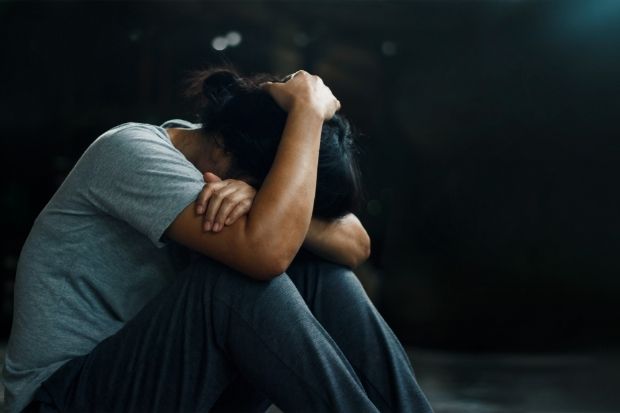GENEVA — The World Health Organization (WHO) on Friday called on all nations to invest more in mental health, saying “the suffering is enormous” and has been made worse by the COVID-19 pandemic.
Even before COVID-19 almost a billion people were living with a mental disorder, the UN agency said in its largest review of global mental health in two decades.
Then in the first year of the pandemic, rates of depression and anxiety went up by a quarter, even as scarce resources were deployed to fighting the virus.
Just two percent of national health budgets and less than one percent of all international health aid goes to mental health, the WHO’s report said.
“All these numbers are very, very low,” Mark Van Ommeren of the WHO’s mental health unit told a news conference.
“Interest in mental health right now is at an all time-high” due to the pandemic, he said.
“But the investment in mental health has not gone up. This report gives countries information on how to invest their mental health money better.”
He said the report highlighted how “the suffering is enormous” across the world.
About one in eight people globally live with a mental disorder, according to the report.
It is worse for those living in conflict zones, where one in five people are estimated to suffer from a mental health condition.
And young people, women and people already suffering mental health issues were harder hit by Covid and the following restrictions, Van Ommeren said.
“Where there is adversity, there are more mental health problems,” he added.
The WHO’s “World Mental Health Report” also highlighted vast gaps in access to mental healthcare between nations.
While more than 70 percent of people suffering psychosis receive treatment in high-income countries, the number drops to 12 percent in low-income nations, it said.
‘Moments away from dying’
The report called for an end to the stigma attached to mental health, pointing out that 20 countries still criminalize attempted suicide.
It also said that while one in 20 suicide attempts leads to death, suicide still accounts for more than one out of every 100 deaths worldwide.
Enoch Li in China told WHO researchers that she “used to look down upon those who wanted to kill themselves” before severe depression made her suicidal herself.
“I was moments away from dying,” she said, before her boyfriend stopped her and she sought help.
“The moment I understood that depression and anxiety could hit anyone, and it doesn’t make us less of a person, was the moment I became open to the fact that I needed others to help me find myself again.”
WHO chief Tedros Adhanom Ghebreyesus said that “everyone’s life touches someone with a mental health condition.”
“Investment into mental health is an investment into a better life and future for all,” he said in a statement.
